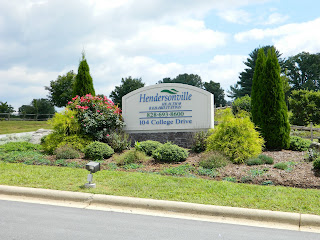Do you know what you call someone who knows three languages? "Trilingual." Do you know what you call someone who knows two languages? "Bilingual." Do you know what you call someone who knows only one language? "An American."
Take me, for example. My Facebook page asks me to list the languages I know. So far, I have left the answer blank. If I was honest, I would have to write, "I know English, usually. I also know enough of four other languages to make a complete fool of myself."
The language that I know least badly, in addition to English, is Spanish. I had a good reason to learn Spanish 22 years ago. My wife and I lived in Spanish-speaking Honduras
 |
| I wonder if these West African women could understand my Spanish? |
Nevertheless, I plunged ahead with my Spanish learning and speaking in Honduras
Now I find myself in a nursing home because I have ALS (Lou Gehrig's disease). The staff who serves me includes people from Mexico , Sweden , Colombia , and Polynesia . I feel like I live in the United Nations building! They take good care of me, so I want to thank them. I am a little rusty (completely ignorant) of Swedish and the Polynesian languages, but I have seized the opportunity to impress my Spanish-speaking caregivers with my knowledge of their language.
Not long ago, I wanted to thank my Mexican CNA for her excellent care of me. She gets me up and out of bed, dresses me, shaves me, brushes my teeth, and puts me in front of my computer. We have worked out a routine that goes smoothly. Although she knows English well, I thought it would be fun to thank her in Spanish. This is what I intended to write: "Thank you for everything. I am sorry, my Spanish is not good. I am embarrassed." This is what I actually wrote: "Thank you for Toto (the dog in The Wizard of Oz). I am sorry, my Spanish is not wealthy. I am pregnant."
Maybe I should stick with English. After all, I know it the goodest.







